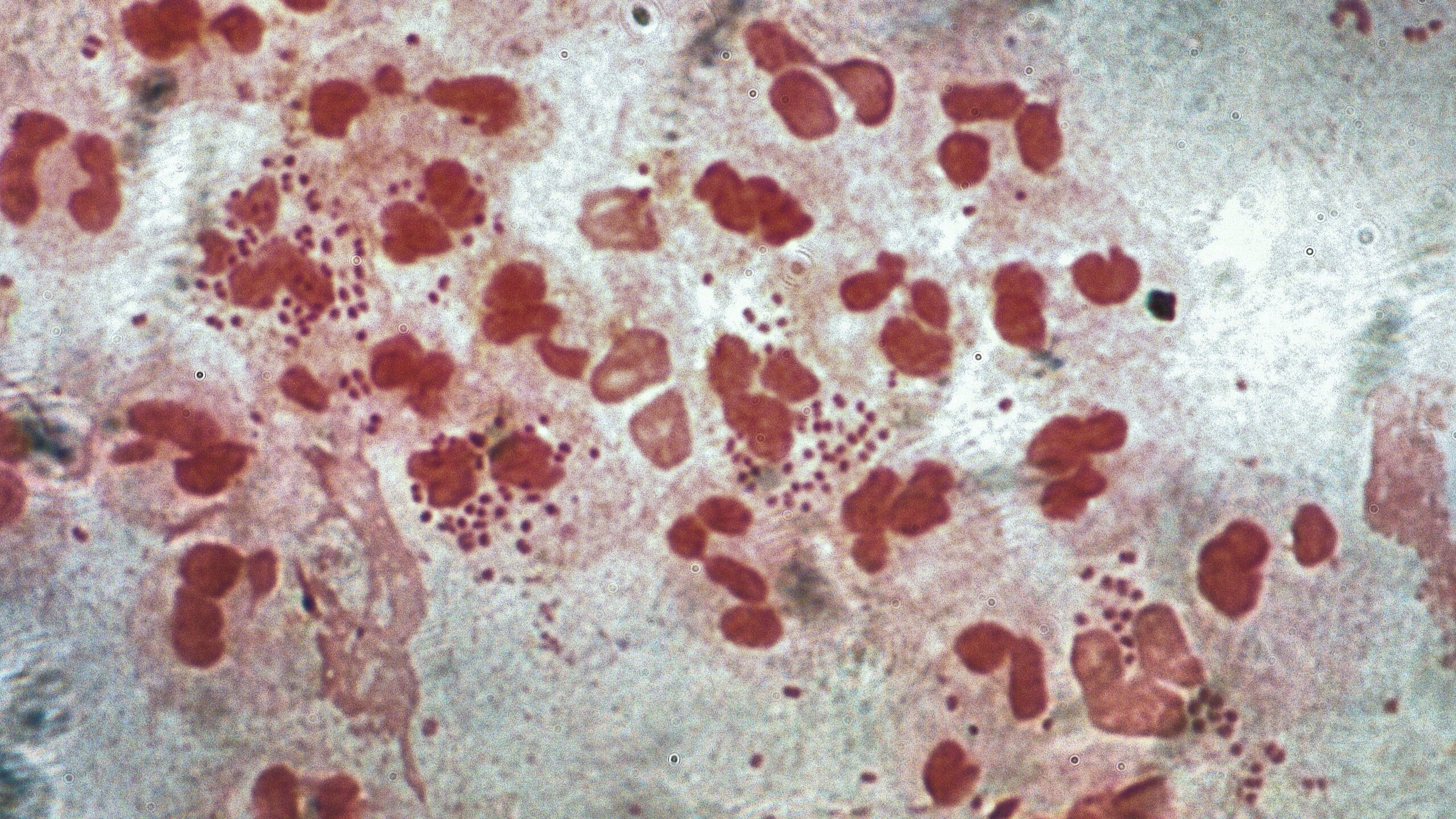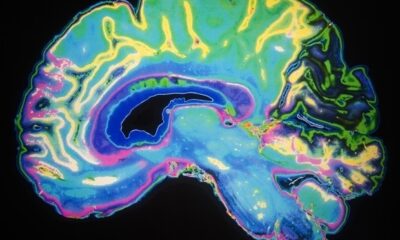World
MIT Team Unveils AI-Designed Drugs to Tackle Gonorrhoea and MRSA

A breakthrough in antibiotic development has emerged from the Massachusetts Institute of Technology (MIT) as researchers utilize artificial intelligence (AI) to design innovative drugs aimed at combating gonorrhoea and MRSA (Methicillin-resistant Staphylococcus aureus). The team created over 36 million potential compounds and tested them for their antimicrobial properties, revealing candidates that differ significantly from existing antibiotics.
The research highlights a novel approach to drug design, employing AI algorithms to explore chemical compounds that have not been previously identified. These promising candidates operate through mechanisms that disrupt bacterial cell membranes, potentially offering new avenues for treatment.
Exploring New Chemical Territories
Professor James Collins, the senior author of the study, expressed enthusiasm about the project’s implications. “Our work shows the power of AI from a drug design standpoint, and enables us to exploit much larger chemical spaces that were previously inaccessible,” he remarked. The research team utilized generative AI to design molecules, starting with specific chemical fragments known for their antimicrobial activity. Subsequently, they allowed the algorithms to freely generate additional molecules that did not rely on these fragments.
A key motivation behind this research stems from the escalating issue of bacterial resistance to antibiotics. Each year, nearly 5 million deaths are attributed to drug-resistant bacterial infections. Lead author Aarti Krishnan emphasized the need for new strategies, stating, “We wanted to get rid of anything that would look like an existing antibiotic, to help address the antimicrobial resistance crisis in a fundamentally different way.”
The Challenge of Antibiotic Discovery
The discovery and approval of new antibiotics is a rare occurrence in the medical field. The innovative methods employed by the MIT team open up possibilities for identifying new mechanisms of action that could circumvent existing resistance. By venturing into underexplored areas of chemical space, the researchers aim to unveil compounds that may be effective against resistant strains of bacteria.
The implications of this research could be far-reaching, offering hope in the ongoing battle against antimicrobial resistance. As the study progresses, the team remains committed to exploring the full potential of AI in drug discovery, paving the way for future advancements in healthcare.
This groundbreaking work not only demonstrates the capabilities of modern technology in addressing critical health challenges but also signals a significant shift in how researchers can approach antibiotic development. The findings from this study represent a step forward in the quest for effective treatments against formidable bacterial infections.
-

 Entertainment3 months ago
Entertainment3 months agoAnn Ming Reflects on ITV’s ‘I Fought the Law’ Drama
-

 Entertainment4 months ago
Entertainment4 months agoKate Garraway Sells £2 Million Home Amid Financial Struggles
-

 Health3 months ago
Health3 months agoKatie Price Faces New Health Concerns After Cancer Symptoms Resurface
-

 Entertainment3 months ago
Entertainment3 months agoCoronation Street’s Carl Webster Faces Trouble with New Affairs
-

 Entertainment3 months ago
Entertainment3 months agoWhere is Tinder Swindler Simon Leviev? Latest Updates Revealed
-

 Entertainment4 months ago
Entertainment4 months agoMarkiplier Addresses AI Controversy During Livestream Response
-

 Science1 month ago
Science1 month agoBrian Cox Addresses Claims of Alien Probe in 3I/ATLAS Discovery
-

 Health4 months ago
Health4 months agoCarol Vorderman Reflects on Health Scare and Family Support
-

 World2 weeks ago
World2 weeks agoBailey Announces Heartbreaking Split from Rebecca After Reunion
-

 Entertainment4 months ago
Entertainment4 months agoKim Cattrall Posts Cryptic Message After HBO’s Sequel Cancellation
-

 Entertainment3 months ago
Entertainment3 months agoOlivia Attwood Opens Up About Fallout with Former Best Friend
-

 Entertainment2 weeks ago
Entertainment2 weeks agoCoronation Street Fans React as Todd Faces Heartbreaking Choice





















